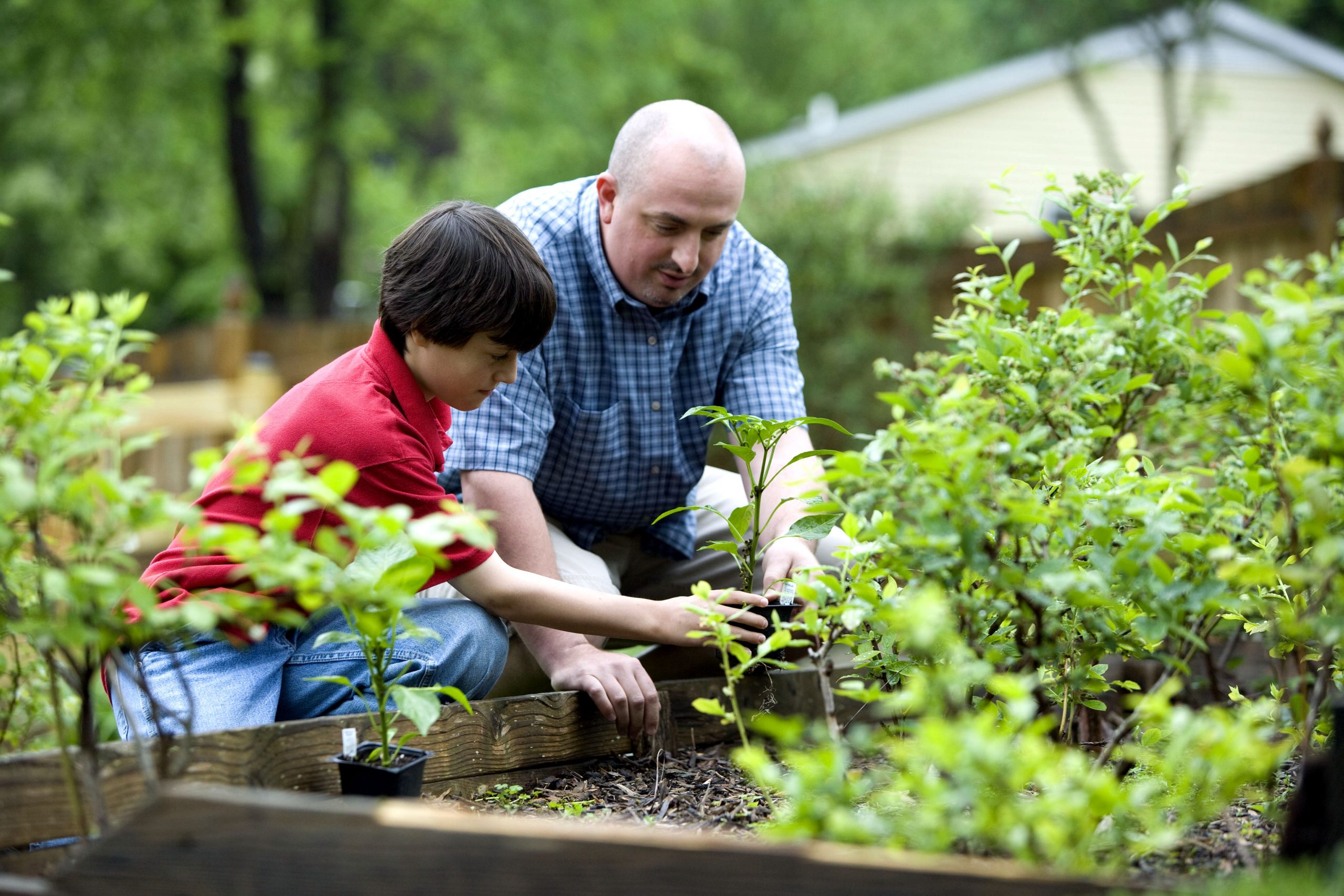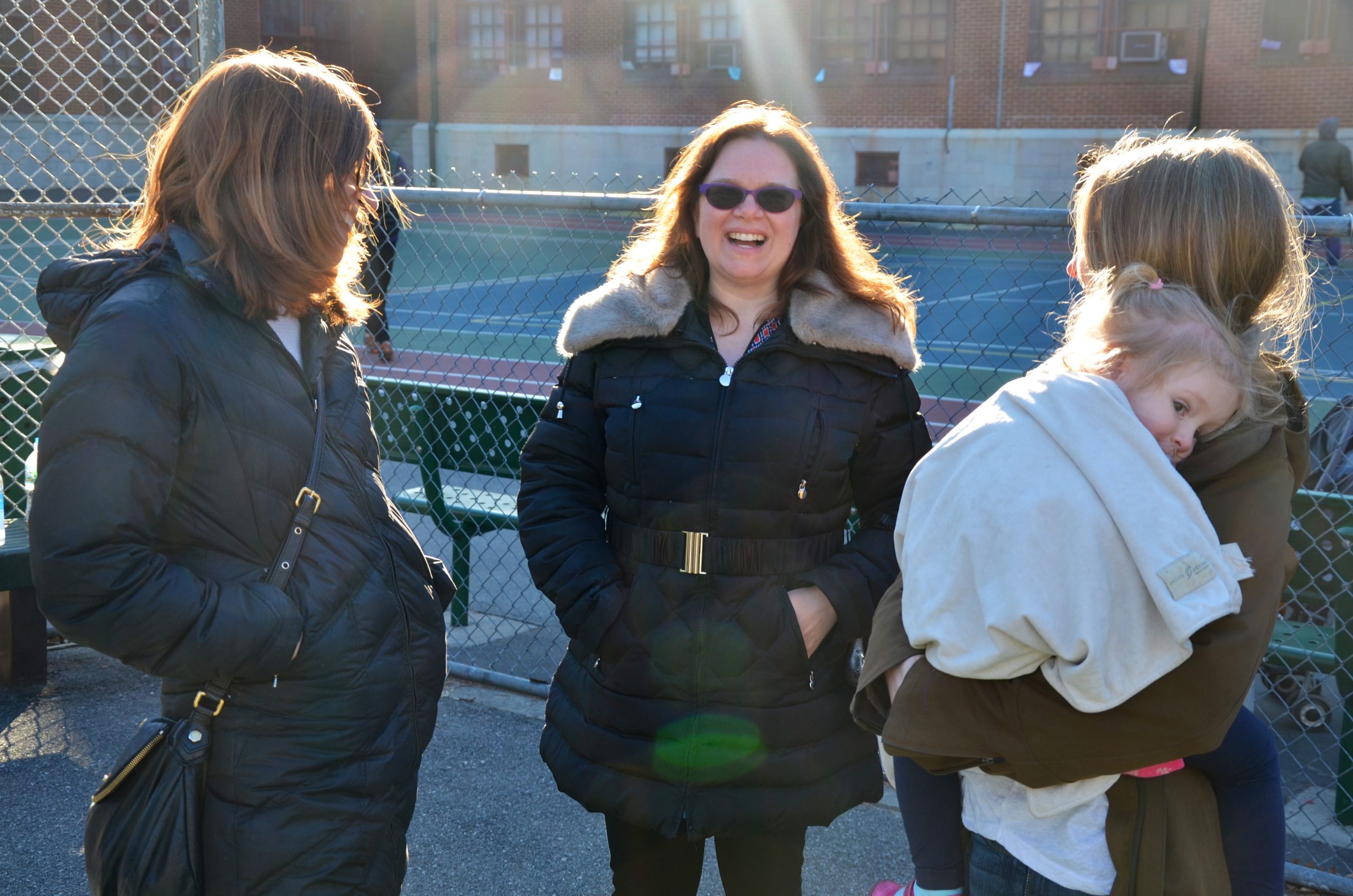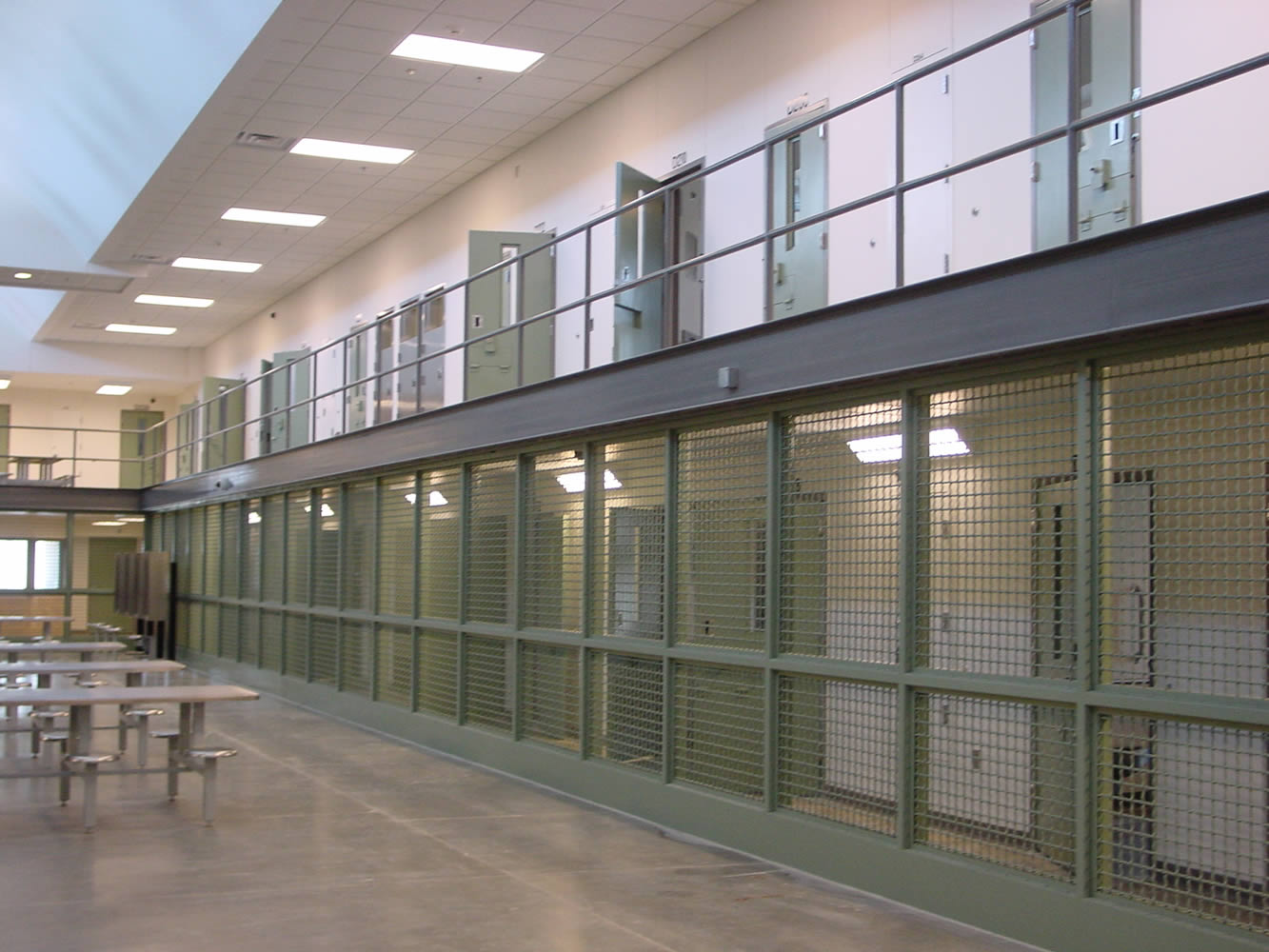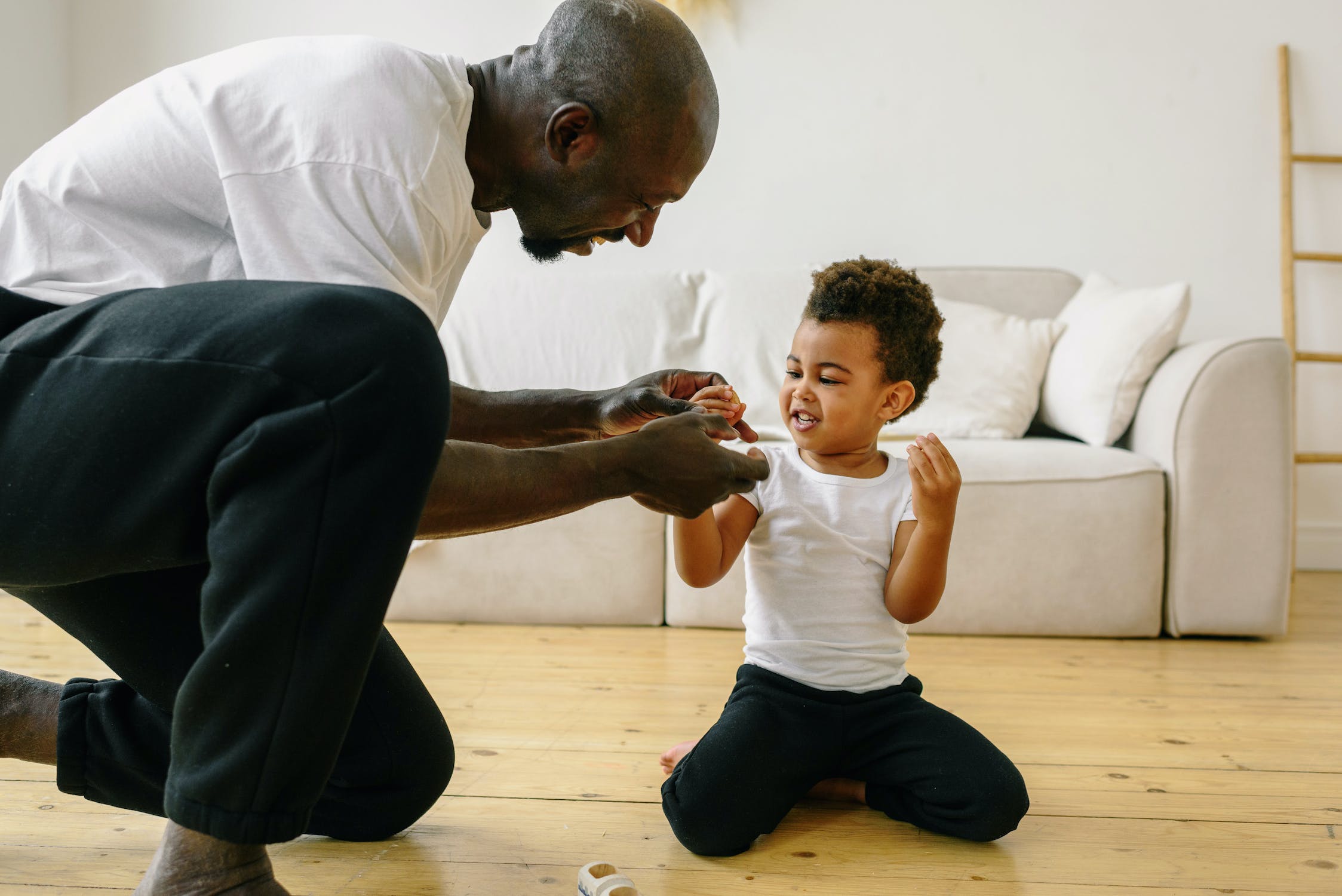
“He’s on paternity leave,” is a phrase that seems to spell success for gender equality. While previous research has focused on how mothers affect children’s gender views, new research from Australia looks at the role of fathers in the development of children’s and adolescents’ gender values. Tomas Cano and Heather Hofmeister found that when fathers are more engaged with their kids and do more housework, their children are more likely to feel that men and women should have equal power and status in the workplace, world, and home.
Cano and Hofmeister analyzed 10 years of data from the Longitudinal Study of Australian Children which gathers information about the opinions and routines of children and parents as they age. They used measures of the quality of father-child relationships, and father’s involvement in housework and childcare to assess how different kinds of parental involvement from fathers influences their children’s views on gender equality.
The study found that when fathers spent more time on childcare when children were young, kids are more likely to feel that men and women should be treated equally. When children got older and reached adolescence, different kinds of involvement from fathers had more effect. When fathers with older children take on housework, even in smaller amounts than their wives, their adolescent child is much more likely to express egalitarian views on gender.The socialization of gender values in Australian adolescents can help us imagine how we could shift the behavior of fathers to promote more egalitarian gender values elsewhere. Further research is necessary to determine if the relationship between these fathering behaviors and children’s gender values is relevant across cultural lines. But the more that is learned about how values are internalized from paternal parenting, the more parents may pay attention to modeling not just what is polite or successful, but also what habits and actions communicate their values.








